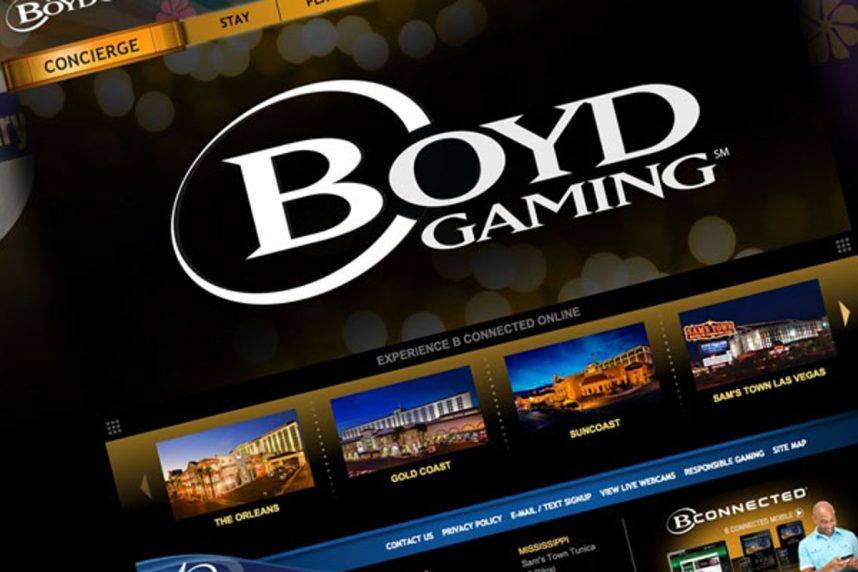Boyd Bonds in Strong Shape Following FanDuel Stake Sale
Posted on: August 4, 2025, 11:57h.
Last updated on: August 4, 2025, 11:57h.
- Boyd completed sale of 5% FanDuel to Flutter Entertainment last week
- Analyst says portion of proceeds will be used to reduce debt, boosting allure of other Boyd corporate bonds
Last week, Boyd Gaming (NYSE: BYD) completed the sale of its 5% interest in FanDuel to Flutter Entertainment (NYSE: FLUT), hauling in proceeds of $1.758 billion along the way. That influx of cash will be used to reduce debt, which could boost the appeal of the regional casino operator’s remaining corporate bonds.

In a new report to clients, GimmeCredit analyst Kim Noland notes Boyd likely pulls in $1.4 billion after taxes via the FanDuel sale – enough to pare outstanding liabilities while fortifying return of capital to shareholders. The Orleans operator has been one of the most dedicated buyers of its own shares in the gaming industry, significantly reducing its shares outstanding count.
Boydʼs use of FanDuel proceeds to repay debt, including the outstanding balance under its revolver and term loan A, will result an improvement in lease-adjusted leverage, that we now estimate in the low 2x range pro forma the transaction,” observes Noland.
She adds that against the backdrop of Boyd generating an estimated $450 million in cash flow, the operator’s corporate debt maturing in 2027, which sport a yield-to-worst of 5.1%, are rated “outperform” amid recent bullish price action.
Boyd Buffers Boost Case for Bonds
As highlighted by Boyd’s strong second-quarter results and a 15% year-to-date gain for the stock, the operator is benefiting from lack of exposure to the Las Vegas Strip.
Las Vegas-based Boyd runs 10 gaming venues in its home market, including Aliante, California, Cannery, Fremont, Gold Coast, Jokers Wild, Main Street Station, Sam’s Town, Suncoast, and The Orleans. It also operates regional casinos in Illinois, Indiana, Iowa, Kansas, Louisiana, Mississippi, Missouri, Ohio, and Pennsylvania.
That mix levers the operator more to the still vibrant Las Vegas locals segment and less to the volatility seen on the Strip. Likewise, Boyd’s core customers in markets outside of Nevada may be apt to dial back on visits to gaming venues in destination markets like Las Vegas, but they still have the means to travel to casinos that are drivable distances from their homes.
“Boydʼs geographically diversified regional casinos provide mostly drive-to destinations for its core customers in the Las Vegas ‘locals’ and Downtown markets as well as other regional gaming casinos in the Midwest and South,” adds Noland. “The regional locations have fared better with gamblers than some destination resorts like the Las Vegas Strip where gaming win has been impacted by a drop in visitors from Asia, Canada and Mexico.”
Boyd Has Compelling Irons in the Fire
Boyd offers both creditors and shareholders other, longer-ranging sources of allure, though bringing those projects across the finish line will keep capital spending somewhat high over the next couple of years.
“Boyd has several large projects in development, notably the Virginia project at a total cost of $750 million that will require $150-$200 million this year and Cadence Crossing slated at $100 million,” concludes Noland. “Investment projects will keep capex elevated for the next two years.”
The Virginia project is for a gaming venue in Norfolk and in partnership with the Pamunkey Indian Tribe while Cadence Crossing will be located in suburban Las Vegas, enabling the operator to further tap into the region’s favorable demographics.
Last Comment ( 1 )
In person casinos are dying.